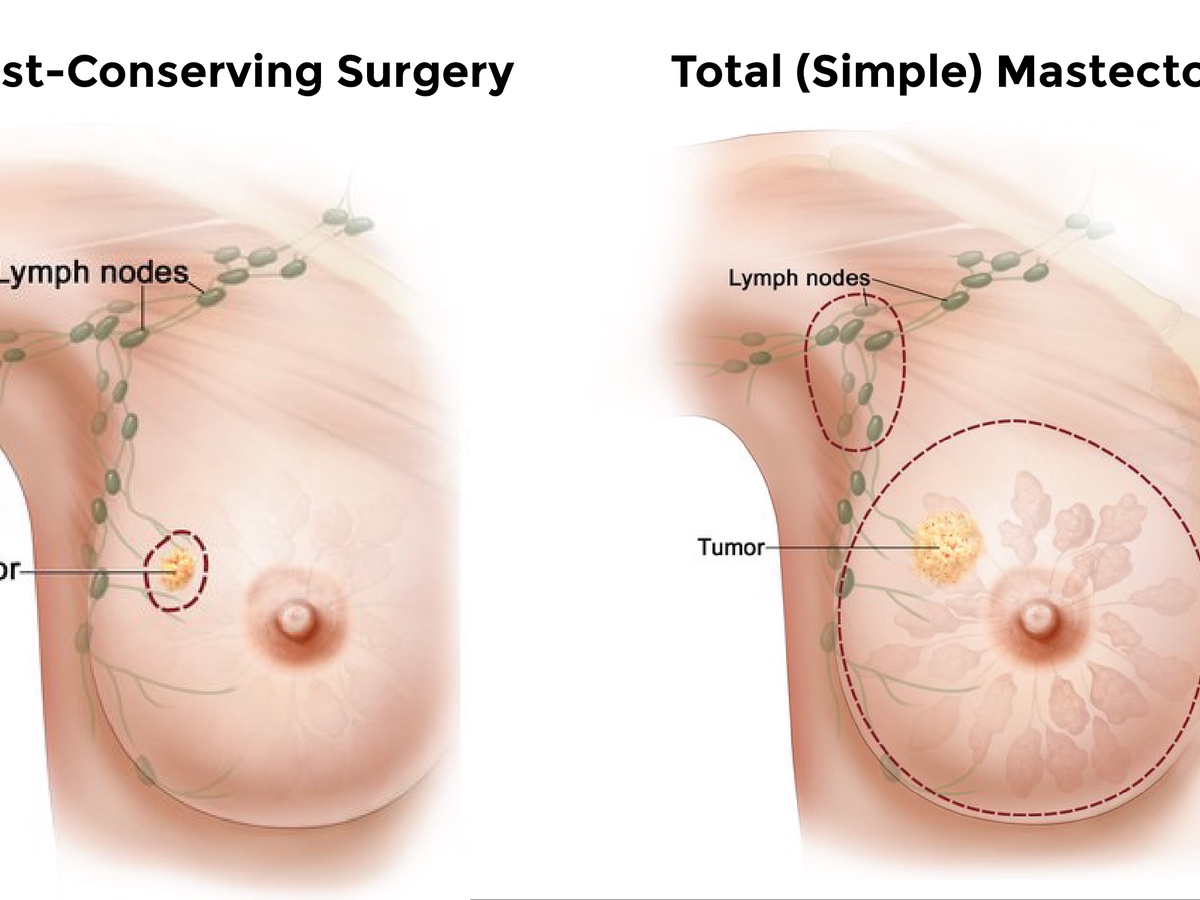In the ever-evolving landscape of cancer treatment, targeted therapy has emerged as a groundbreaking approach, offering precision and effectiveness in the fight against this formidable adversary. This article delves into the realm of targeted therapy for cancer, with a specific focus on target therapy for breast cancer.
Understanding Targeted Therapy:
Targeted therapy represents a paradigm shift from conventional treatments like chemotherapy. Rather than indiscriminately attacking rapidly dividing cells, targeted therapy homes in on specific molecules or pathways crucial for the growth and survival of cancer cells. This precision allows for tailored interventions, minimizing damage to healthy cells and reducing side effects.
Mechanisms of Targeted Therapy:
-
Receptor Blockade: Many cancer cells depend on specific receptors to receive signals for growth. Targeted therapies can block these receptors, hindering the signaling pathways that fuel cancer cell proliferation. In breast cancer, HER2-positive tumors, for example, are effectively treated with drugs like trastuzumab that block the HER2 receptor.
-
Angiogenesis Inhibition: Tumors need a blood supply to grow, a process known as angiogenesis. Targeted therapies can disrupt this process by inhibiting the formation of new blood vessels that feed the tumor. Bevacizumab, used in breast cancer, is an example of an anti-angiogenic targeted therapy.
-
Cell Signaling Pathway Inhibition: Targeted therapies can interfere with specific signaling pathways within cancer cells, disrupting their ability to survive and proliferate. In breast cancer, drugs like everolimus target the mTOR pathway, impeding cancer cell growth.
-
Immune System Modulation: Some targeted therapies work by enhancing the body's immune response against cancer cells. Immune checkpoint inhibitors, although more commonly used in other cancer types, are being explored for breast cancer treatment.
Targeted Therapy for Breast Cancer:
-
HER2-Positive Breast Cancer: HER2-positive breast cancer is characterized by overexpression of the HER2 receptor. Targeted therapies like trastuzumab, pertuzumab, and ado-trastuzumab emtansine (T-DM1) have revolutionized the treatment landscape, significantly improving outcomes for patients with this aggressive subtype.
-
Hormone Receptor-Positive Breast Cancer: Hormone receptor-positive breast cancers depend on estrogen or progesterone for growth. Targeted therapies like tamoxifen and aromatase inhibitors disrupt these hormonal signals, effectively slowing or halting cancer progression.
-
Triple-Negative Breast Cancer: Triple-negative breast cancer lacks HER2 and hormone receptor expression, making it challenging to target with traditional therapies. However, ongoing research is exploring novel targeted approaches, including immunotherapies and PARP inhibitors.
Benefits and Challenges:
Benefits:
- Precision: Targeted therapies precisely target cancer cells, minimizing harm to healthy tissues.
- Reduced Side Effects: Compared to traditional treatments, targeted therapy often results in fewer and less severe side effects.
- Improved Outcomes: Many patients experience improved outcomes and prolonged survival with targeted therapies.
Challenges:
- Resistance: Cancer cells may develop resistance to targeted therapies over time, necessitating ongoing research to overcome this challenge.
- Limited Applicability: Targeted therapies are often specific to certain cancer subtypes, limiting their broader application.
- Cost: Some targeted therapies can be expensive, posing financial challenges for patients.
Looking Ahead:
The landscape of targeted therapy for breast cancer is dynamic, with ongoing research exploring new avenues and refining existing approaches. As we unravel the molecular intricacies of cancer cells, the potential for more effective and personalized treatments continues to expand.
Conclusion:
Targeted therapy represents a beacon of hope in the realm of cancer treatment, offering precision and effectiveness. In the context of breast cancer, targeted therapies have ushered in a new era of tailored interventions, significantly impacting patient outcomes. As research advances and our understanding deepens, the future holds the promise of even more targeted and effective therapies, bringing us closer to a world where breast cancer is not just treatable but conquerable.


No comments yet